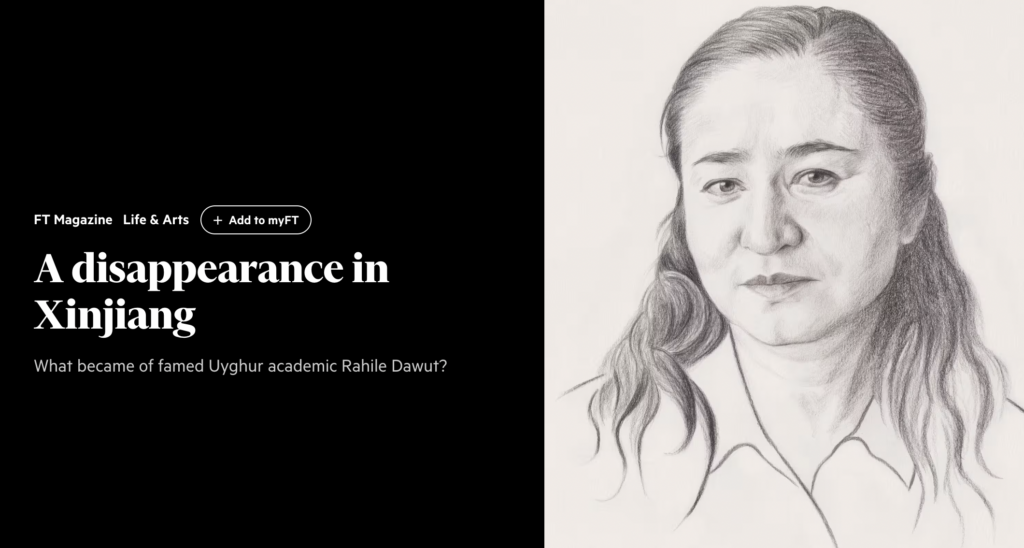EU lawmakers voted to ban products made using forced labor , including those made in China with Uygur forced labor, despite possible tensions with Beijing. The law, though not directly naming China, is expected to target imports from the region where the Uyghur people live.
The legislation, backed by 555 EU lawmakers, will become law after approval by the EU’s 27 member states.The European Commission proposed the Forced Labour Regulation on September 14, 2022. On March 5, 2024, the Council of the European Union and the European Parliament reached a provisional agreement on a regulation to prohibit the sale of products made with forced labor in the EU market. The European Parliament then overwhelmingly approved the law on April 23, 2024.
Independent Investigations and media have been reporting that up to 3 million Uyghurs detained in China’s Uyghur homeland, facing abuses including torture, family separation, forced sterilization and forced labor.
The EU aims to eliminate forced labor from its markets, allowing the European Commission to investigate supply chains outside the EU for forced labor. If found, products will be seized at borders and withdrawn from the market.
Importers of high-risk goods will need to provide detailed information about manufacturers.The EU will establish a database to monitor forced labor risks.
Critics note the law isn’t as strict as the US ban on products from the Uyghur homeland.
